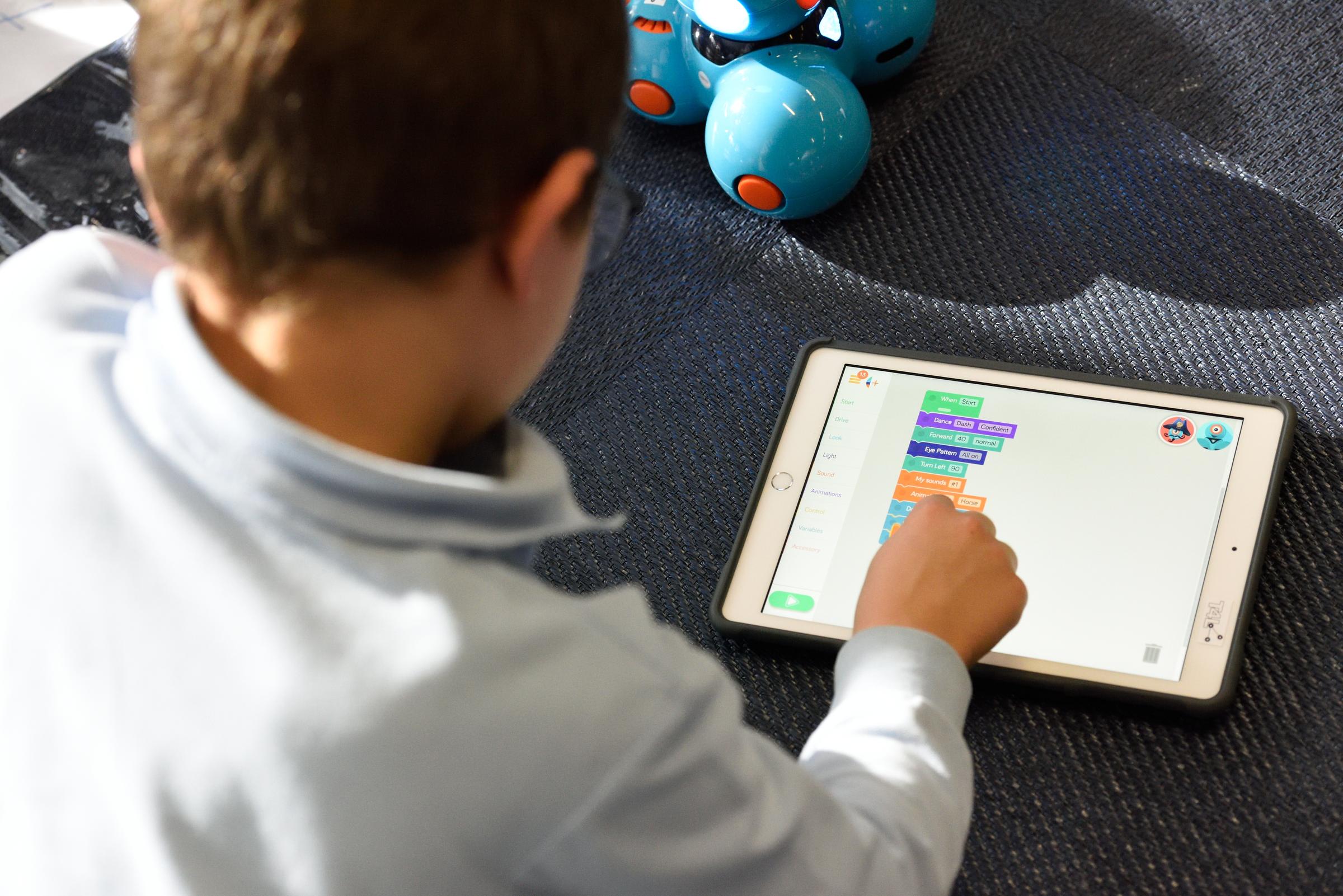Learn from Home: Transitioning Back to School

Learn from Home: Transitioning Back to School
Last week, we unveiled our Return to School Strategy and we are thrilled with the positive response it has received. It has been an interesting and challenging time for all of the families in our community, but it has been so encouraging to watch us all connect in greater ways and share life virtually together during the COVID-19 crisis.
It started with the courageous way you faced the transition to Learn From Home. Managing the juggle of continuing to perform your own work, while also supervising your children’s remote learning is a feat that deserves significant celebration! We are also in awe of our teachers - many of whom also have school-aged children - but who poured themselves into creating virtual lessons and made themselves available around the clock in order to troubleshoot and guide those who needed it.
Now, as we transition out of Learn From Home in order to Return to School, we have a different challenge to tackle. How do we ensure our kids are in the best possible position to re-enter school?
Here are some thoughts to keep in mind as we navigate the next phase:
1. Transitions are Tricky
Regardless of the fact that we are returning to a location that the students are familiar with, any kind of change requires adaptation.
Some thrive on change (and others avoid it at all costs), but whatever your internal reaction, there are certain qualities we all need to adopt. Change signals that we need to be flexible, to be alert to any issues that might crop up, and be open to hearing feedback from our children.
A portion of students have thrived in isolation, relishing the zone of limited distractions, finding peace within the walls of their own homes as they tackled their school work and avoided triggers of social anxiety. Change may be more complicated for these students as they may feel a sense of apprehension in heading back out into the world.
Others have been climbing the walls (parents included!), hardly able to contain themselves and finding the isolation incredibly confining. For these students, pacing the transition might be the key - helping them to slow down and make the most of the time they still have left and use it as an opportunity to catch up on any work they may have missed.
Whatever extreme you find yourself at (or at the various stages in between), expect a little upheaval in the coming weeks. There is much adjustment for all of us and this can bring up difficult emotions (in adults as well). Just know you are not alone. We are all in this together - whether thriving or struggling. Reach out and connect with our community.
2. Return to Routine
Does anyone remember how to get out the door anymore?! One of the benefits of isolation was the fact that we could let some of those routines go - like getting dressed, badgering kids to put shoes on, going to bed at certain times. But now, as we transition back to ‘reality’, it might take a little time to re-adjust.
See if you can use this week to get back on track - starting with the little things and building up to the harder ones. Celebrate each step of the way. Each transition you achieve in the week leading up to the return of school is one less you will have to face alongside the inevitable onslaught of exhaustion that comes with getting out there again.
3. Face the Fears
For some, this return is more difficult. The thought of going back out into the world that seems unsafe - where germs may lurk at every corner - is enough to send you back under the covers. You want to protect your family, you want to do the right thing, and staying home for the past two months has been the best way to combat these risks.
But now we face a new challenge. For continuing to view the world as a place of threat will not help us. If we are to adapt to the reality of the new landscape, we must be willing to fight the fears and not let them rule our decisions.
Trust in yourself. You have everything you need to meet the day, to transition to the new way of living (which might just mean making that phone call and seeking some counselling to help get you through). Trust in our community. We are all in this together and we will react with swiftness at any sign of trouble.
And trust in the teachings of Jesus who taught us: ‘Refuse to worry about tomorrow, but deal with each challenge that comes your way, one day at a time. Tomorrow will take care of itself.’ (Matthew 6:33,34 The Passion Translation).
We have every hope that this transition will be a positive one. That we will all be renewed in the coming back together - with a sense of community and connection like we have never realised before. Let us take the lessons learned from this historic period, responding with courage and anticipation as we move into the next phase of growth.
